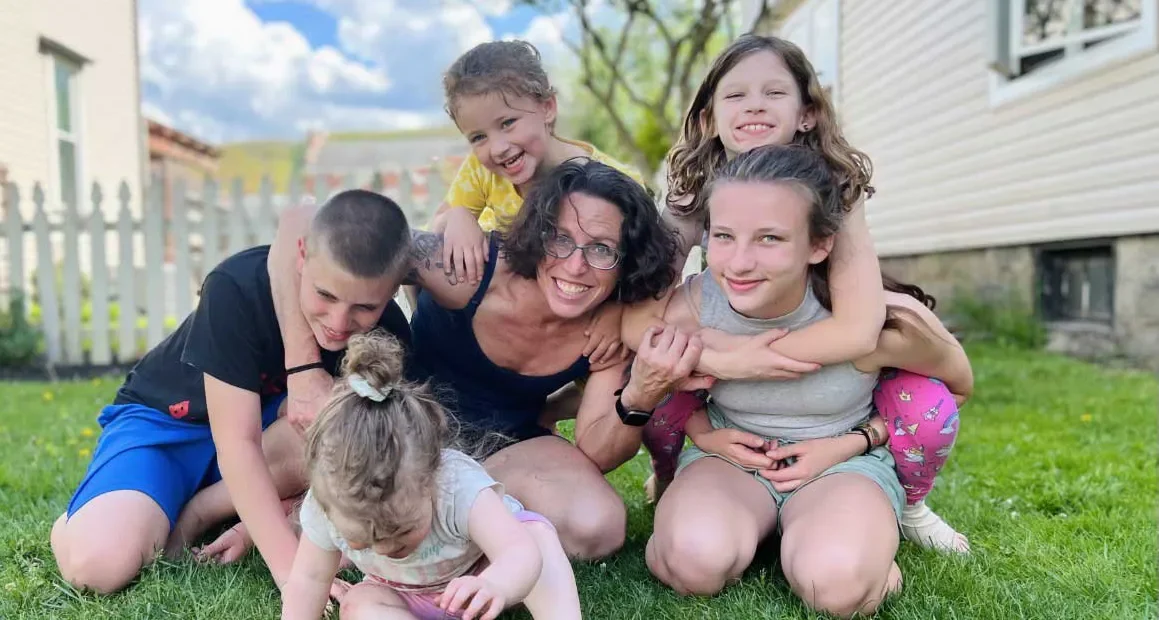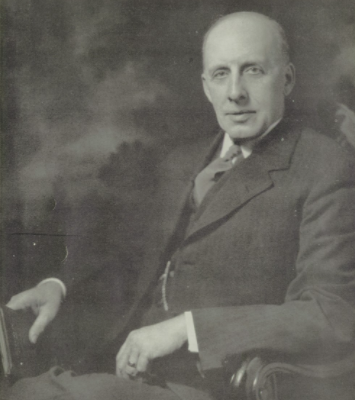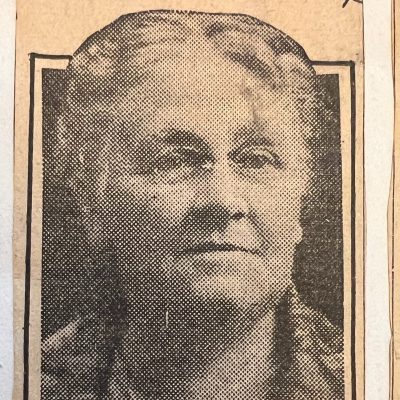Adjusting to life with a newborn typically entails parents welcoming their new family member while also trying to get enough sleep, managing late-night feedings, and often balancing working full-time.
That is what life was like when Leigh-Anne and Matthew Williams brought home their fifth child, Lyvia. Thirteen days later, during a late-night nursing, Leigh-Anne realized something was wrong. A small twitch in her daughter’s tiny right foot raised concerns. So slight, the twitch could have gone unnoticed or thought to be a newborn’s startle reflex. As it progressed to her daughter’s right hand during her next feeding, Leigh-Anne, a physician’s assistant, knew she needed to seek medical help and quickly.

Lyvia had suffered a pediatric stroke, a rare condition that affects 1 in 4,000 children in the United States each year that caused damage to an area of the brain resulting in right-sided seizure activity. Lyvia has a disorder that caused a clot in her brain. Strokes occur when blood supply to the brain is compromised, either through a blood clot in one of the brain’s arteries or when a cerebral blood vessel bursts. Most strokes occur in patients older than 65. However, in rare cases, children and infants can also experience stroke.
“Everyone involved responded in a timely fashion. They also helped try to keep me calm throughout all of it,” Leigh-Anne said. “It is important for medical staff to keep an open mind when it comes to the age range for stroke symptoms. It could easily have been incorrectly diagnosed as something else.”
Without such quick responses and treatment from medical staff and her parents, Lyvia could have had lasting effects. Today, she has no residual signs from her stroke. Leigh-Anne is crediting the efforts of all the medical staff at UPMC Northwest, STAT MedEvac, and UPMC Children’s Hospital of Pittsburgh for everyone’s hard work, responsiveness, and timely treatment with a successful outcome of her young daughter’s treatment – from the lab staff, the doctors, the pediatric nurses, and everyone involved.
“I will never not worry. As parents, we are always on high alert. Part of that is that we make sure to educate all those around us. A stroke symptom can be as simple as staring off into space. Educating people about the signs and symptoms eases some of my anxiety.”
Now 22 months old, Lyvia is in daycare, medication-free, and continuing to reach all the milestones of any busy toddler. Her parents are enjoying their healthy daughter but remain on constant alert, sharing their story and helping others to be aware of the signs and symptoms of strokes.
May is National Stroke Month. Prompt diagnosis and treatment can minimize the risk of lasting problems, and early rehabilitation can help maximize recovery. The Northwest Hospital Foundation has been sponsoring Stroke Awareness education and activities at UPMC Northwest for more than 10 years. Learn more from the UPMC Northwest Stroke Program: https://upmc.me/3vBCkoS



